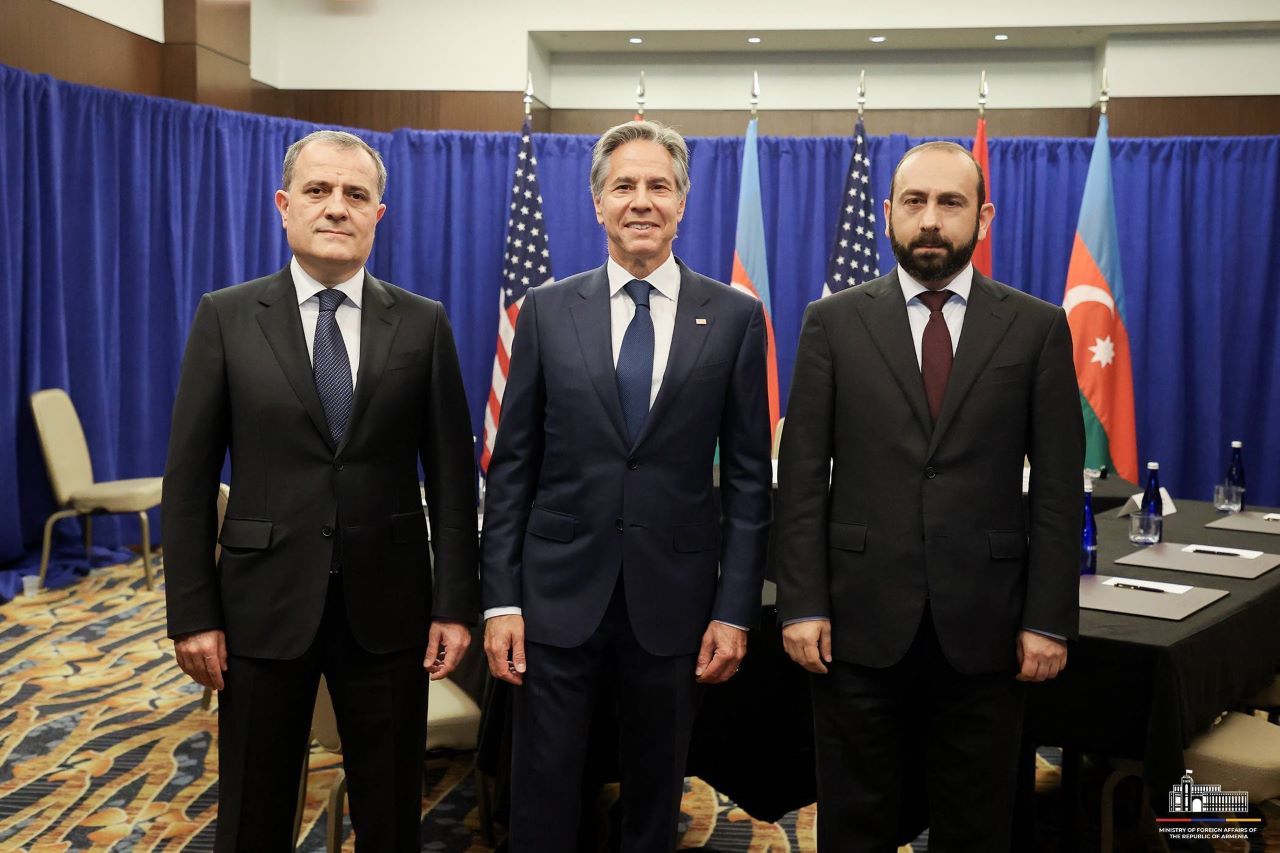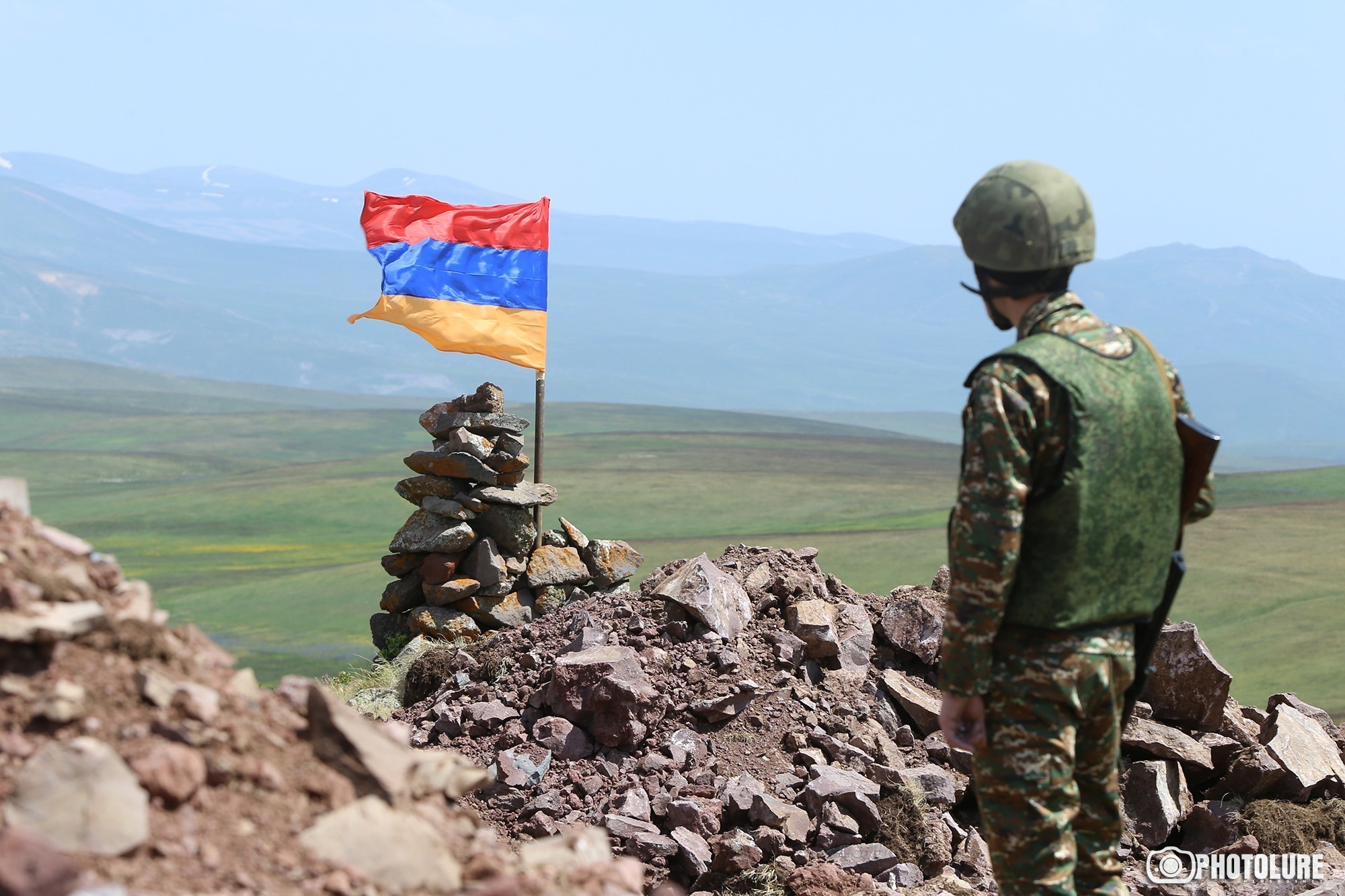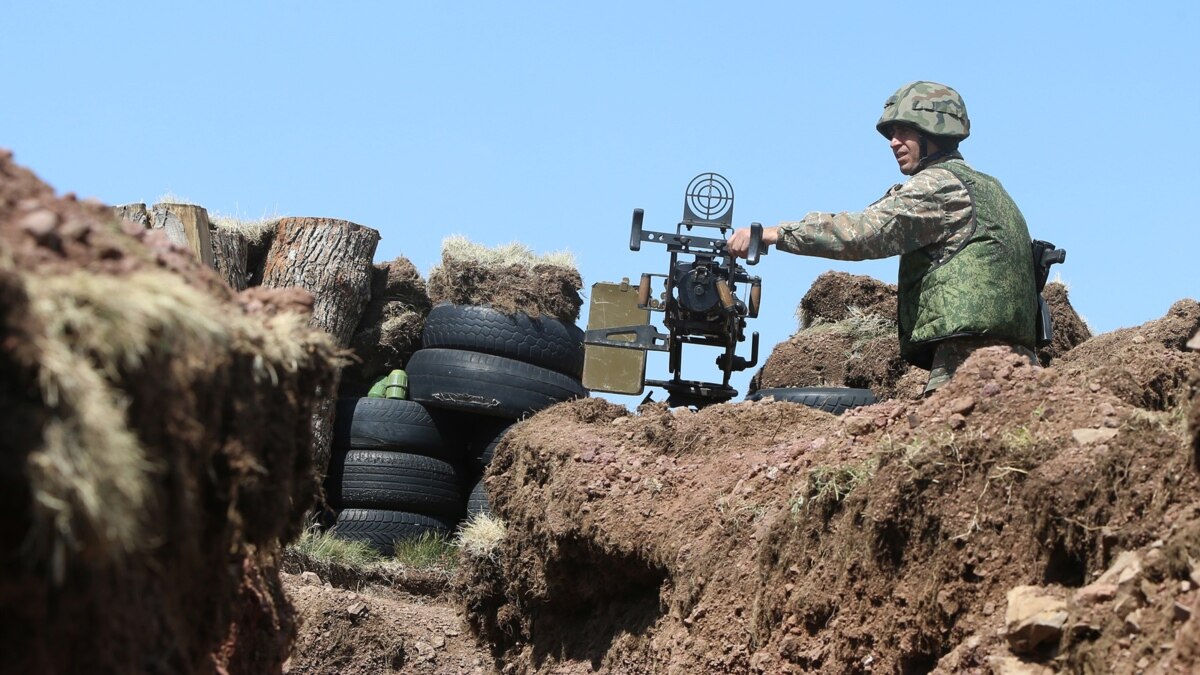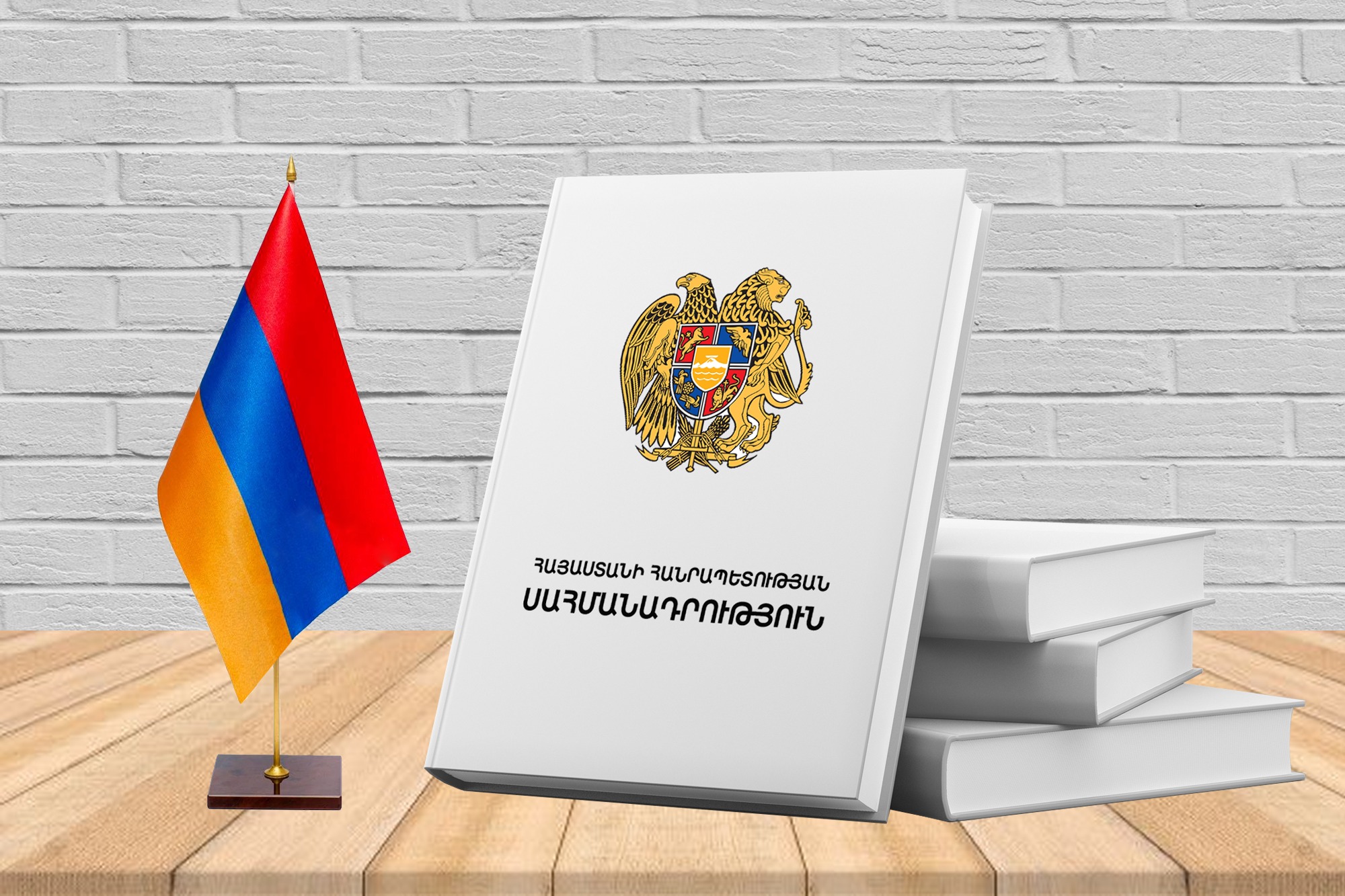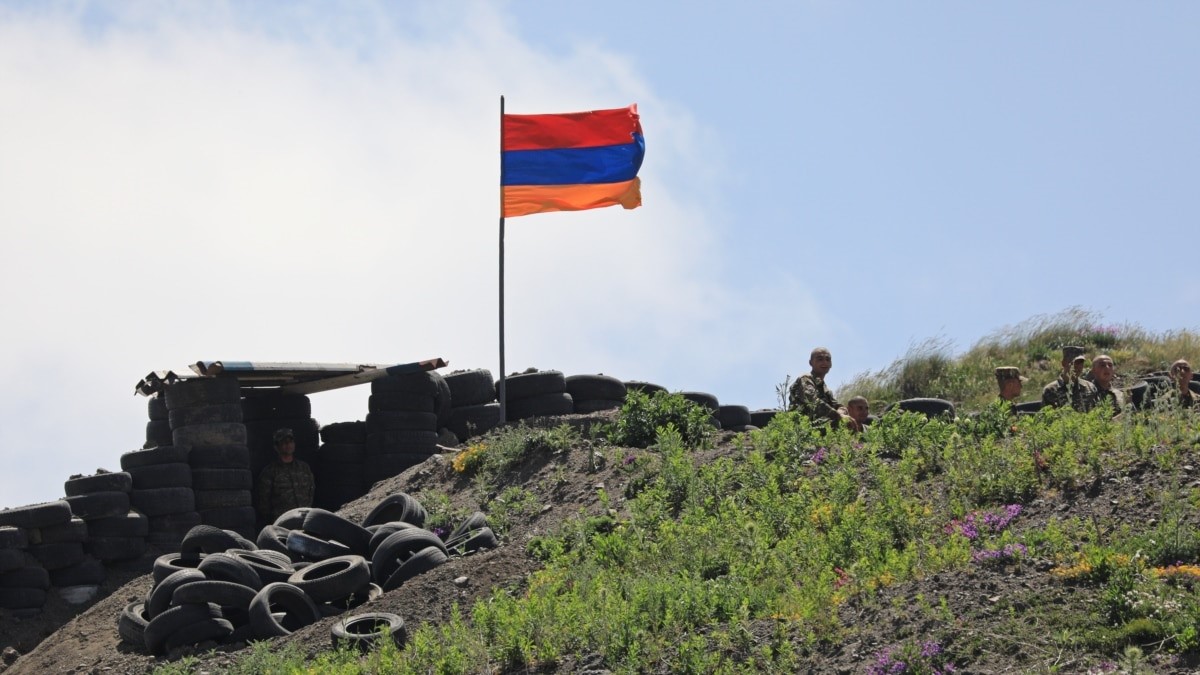"The goal is not to bring Yerevan and Baku to a peace agreement": Opinion
Unrealized Pashinyan-Aliyev meeting in London
The fourth summit of the European Political Community is taking place in London, with leaders from Armenia and Azerbaijan in attendance. There were no prior announcements of a meeting between Pashinyan and Aliyev at the summit.
The first hint of a possible meeting came from Hikmet Hajiyev, an assistant to the Azerbaijani president, who accused Armenia of refusing to negotiate. He mentioned that the UK had proposed a “Munich format” meeting, suggesting initial talks with the British Prime Minister, followed by bilateral discussions between Pashinyan and Aliyev. A similar meeting took place in Munich with the mediation of the German chancellor.
However, Yerevan immediately refuted this information, stating that the meeting proposal came from Armenia and was declined by Azerbaijan.
“The Armenian side’s proposal remains valid. Armenia also reaffirms its offer to intensify high-level negotiations and sign a peace agreement within a month,” stated Ani Badalyan, spokesperson for Armenia’s Foreign Ministry.
Political commentator Hakob Badalyan notes that Azerbaijan has already achieved significant gains at the European Political Community summit. Notably, at the 2022 summit in Prague, Armenia recognized Azerbaijan’s territorial integrity, including Nagorno-Karabakh. “Baku has no motivation to pursue a balanced peace process based on compromises,” he believes.
During previous summits of the European Political Community, there were two meetings between Pashinyan and Aliyev. The first took place in Prague in 2022, also attended by French president Emmanuel Macron and European Council President Charles Michel. As a result of these talks, Armenia and Azerbaijan recognized each other’s territorial integrity in accordance with the 1991 Alma-Ata Declaration.
In June 2023, a Pashinyan-Aliyev meeting was held in Chișinău, with German Chancellor Olaf Scholz participating in the negotiations. A third meeting was scheduled for October 2023 in Granada, but the president of Azerbaijan declined to participate.
- Turkey’s position on Armenia-Azerbaijan peace agreement: a view from Yerevan
- Pashinyan: ‘External forces want to provoke war in Armenia for the sake of a change of government’
- Peter Stano: “The EU can assist Armenia, but it will not impose solutions”
Commentary by political analyst Hakob Badalyan
Baku evades its obligations
“Why does Ilham Aliyev not want to meet within the framework of the European Political Community summit? Because he already achieved the maximum in Prague. He then skillfully avoided commitments on issues that required Azerbaijan to fulfill its obligations [the withdrawal of Azerbaijani armed forces from Armenian territories, the recognition of each other’s territorial integrity and sovereignty, and the acceptance of the Alma-Ata Declaration as a basis for the delimitation and demarcation of the entire border].
Aliyev should probably thank the mediators of the format for allowing him to evade his obligations. At least three figures deserve gratitude: Scholz, Michel, and Macron, who, either due to a lack of will or simply political weakness, allowed Aliyev to manipulate and exploit this format.
Overall, Azerbaijan has no motivation to advance a balanced peace process or make compromises. If the president or foreign minister of Azerbaijan participates in any meeting with Armenia, their goal is to communicate, work with the organizers, and present conditions to Yerevan. London was no exception in this regard.
Baku operates under the following logic: either all its conditions will be accepted, or there will be no peace agreement.”
Negotiation formats clash in London
“What happened in London was clearly the result of some processes that unfolded on the ground. If everyone knew that the summit would take place and there was a likelihood that Pashinyan and Aliyev would be there, preparations for the meeting should have started at least several weeks in advance. At the very least, the format should have been clear, leaving only the question of whether the parties would agree to meet.
However, in London, there was a clash of formats – on one side, the British proposal, and on the other, the proposal from the European Political Community. There was an evident confrontation between the ‘British’ and ‘European’ roles. This is concerning. This confrontation revealed that there remain significant disagreements between Armenia and Azerbaijan.
The issue is not only that the meeting could have taken place but did not. The problem is that there was a clash not just between Yerevan and Baku but also among much larger players.
If the parties cannot agree even on the format of a meeting, especially one that would not particularly bind anyone to anything, it raises the question of how they will be able to reach any agreement on substantial issues.”
Yerevan needs to defend its positions and avoid traps
“There is no platform where a peace agreement can be reached. At present, I don’t think such a task is even on the agenda. It seems the goal is to advance step by step, even if only through local agreements. For example, I mean reaching an agreement like the one on the demarcation of the border in Tavush [Baku and Yerevan agreed on the delimitation and demarcation of one section of the border and the return of four villages to Azerbaijan].
Or at least signing a framework agreement on basic principles. This option was proposed by Ilham Aliyev himself.
But here, the content is very important – what principles will be established. They will imply certain diplomatic positions. Naturally, in this case, Azerbaijan will try to impose its demands on Armenia.
Whether it is a peace agreement or a framework agreement, Yerevan needs to defend its red lines and avoid falling into traps.”
No one is ready to take on the mediator role
“We see that no geopolitical power center is taking the initiative to assume the role of the main mediator. Why? Because they see that there are fundamental disagreements between Yerevan and Baku. And no one is willing to mediate under these conditions. This is because either some result must be achieved, or the mediator will be seen as ineffective, leading to at least a decline in diplomatic standing.
It is often said that Yerevan and Baku need to engage in direct dialogue. Meanwhile, meetings are being organized here and there. Scholz initiated a meeting in Munich, followed by a meeting of foreign ministers in Berlin. But Germany has shown no further interest in continuing negotiations in this format.
No one is ready to take on the status of a permanent mediator. This is because they would either have to bring Azerbaijan to the negotiating table for compromises, which is very difficult, and they are not particularly interested in this as their partnership with Baku is important. Or they would have to persuade Armenia to accept Azerbaijan’s conditions, which would also be challenging.
Azerbaijan’s demand is for Armenia’s complete capitulation through peaceful means. Azerbaijan’s goal is to turn Armenia into a decorative state.
We see a hidden game. The situation is such that everyone is avoiding the role of mediator. Azerbaijan is trying to achieve its goals in this situation. Yerevan is trying to resist and maneuver within its capabilities, interacting with different centers to mitigate the risks.”
Why Azerbaijan demands changes to Armenia’s Constitution
“Azerbaijan is trying to address several issues with this demand. On one hand, it justifies its obstructive stance on signing a peace agreement. On the other hand, it presents an opportunity to dictate its terms. There is no doubt that if this demand is met, others will follow.
Azerbaijan is demanding changes to Armenia’s constitution because it references the Declaration of Independence, which includes a statement about the reunification of the Armenian SSR and Nagorno-Karabakh.
But Azerbaijan’s initiative has another, deeper goal. Essentially, if Armenia adopts a new constitution that does not reference the Declaration of Independence, it would mean a completely new legal and political foundation for Armenian statehood.
In other words, from a legal and political perspective, a new state would emerge—one that is not the same as the state that participated in the lengthy Nagorno-Karabakh conflict resolution process. It would not be the state with which Azerbaijan negotiated peace, discussed various conditions under the mediation of the OSCE Minsk Group co-chairs, and within their international mandate.
With this demand, Azerbaijan is trying to erase the history of the Nagorno-Karabakh conflict resolution.
It has changed the status quo by conquering territory in Nagorno-Karabakh during a military operation. But the political footprint remains; this trajectory has not been erased. It is no coincidence that Aliyev is also raising the issue of dissolving the OSCE Minsk Group, claiming that it is no longer necessary.
Whether it is regarding the Minsk Group or the constitution, Aliyev emphasizes: ‘If you do not agree to this, it means you have territorial claims.’ Baku is trying to erase this entire trajectory to ensure that the issue of Nagorno-Karabakh cannot be raised again.”










